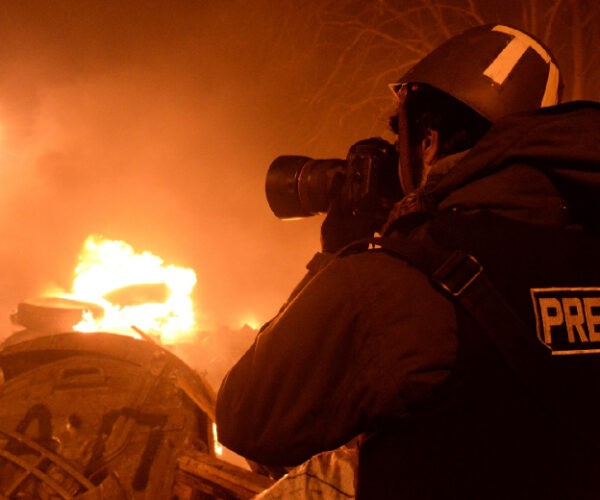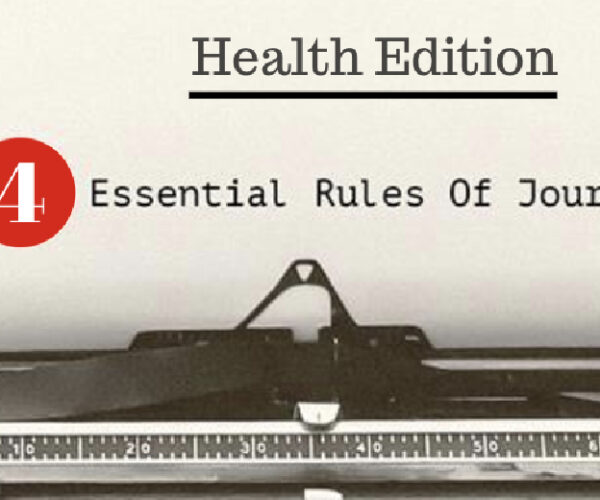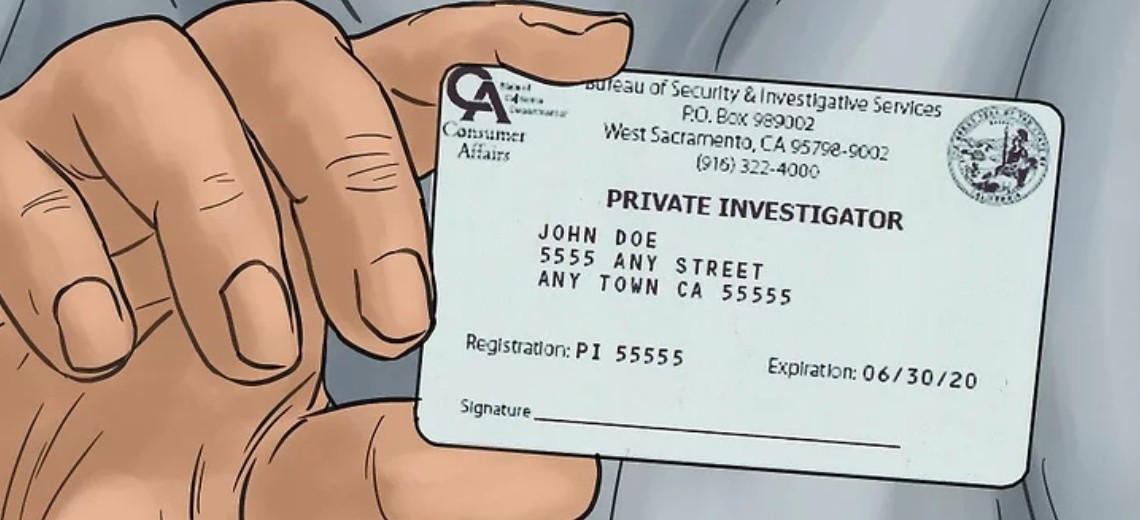Companies, as well as individuals, hire private investigators to conduct background checks, complete undercover investigations, for pre-employment verifications, moving valuable property from one place to another or even to guard high profile individuals. They typically study and search for clues at crime scenes and report it to the authorities. They might also be called to the courts for testifying.
The private Investigators might do everything to uncover the assignments offered to them. But to undergo investigation, the private investigators are required to get a license from the various state authorities.
Licensing procedures for the private investigators in the US
Over the past decade, there is a steep increase in the number of private investigators working in the country. This has compelled many US states to adopt strict regulations and licensing requirements for these professionals. Out of all the 50 states, only five states do not have license requirements regulations in place. Alaska, Idaho, Mississippi, South Dakota, and Wyoming are the five states that do not require the private investigators to get a license. But Wyoming and Alaska have licensing requirements at the local level.
Idaho, Mississippi, and South Dakota have private investigators associations that have formulated a clear set of standards for the practice of private investigators for the members. They have their code of ethics and bylaws. Private Investigators operations are also subject to business laws in these states.
Requirements to get a license for private investigators
Almost 45 states of the US do the licensing of Private Investigators. The licensing requires many special needs that include education and experience requirements and procedures for applications, which varies from state to state. There are even states that allow investigators to carry weapons that require firearms training and certifications. The following section describes the various requirements to get a private investigator license.
Basic requirements for application
The license applicant is required to be at least 21 years of age, with some states like Arizona even lowering the age to 18 years, and a maximum age of 25 years. He must be a US citizen and should possess a minimum of high school diploma or the equivalent. Any individual involved in any felony conviction or no one who is out on parole will be considered for the license application. Individual states have strict laws that bar applicants who have been involved in misdemeanour convictions in the past five years like theft, frauds, and sexual misconduct and narcotics violations.
Find Out More About : Professional Tax For Journalists
Qualifications and firearm permit
While the majority of states do not impose a strict requirement for education qualification, the applicant is required to possess a minimum of high school diploma or the equivalent. Bothe the educational skills and experiences differ among states. Some states require the applicants to hold an associate’s degree or in that of criminal justice. A stipulated hour of experience in the field of private investigation is also a desired requirement. Some states even substitute the educational qualification with the experience for the license issuance
Some states conduct specialized training, which amounts as the sole requirement in place of experience in few states. States like Oklahoma require their applicants to undergo only CLEET training. They can have their training waived if they have enough experience.
Firearm Permits
Applicants for Private investigator license must pass a stipulated period course carrying and using firearms to obtain firearm permits in some states
Procedure for applying for a license as a private investigator
Though various states have various rules and regulations for applying for a license, the process is more or less similar. Following are the general procedures followed
Satisfy the minimum requirement
Attain the education or experience needed for the application
Complete fingerprint process for background verification
Providing the required documentation
Clearing the board examination
Undergo regular renewal of the license
Other special licensure conditions
There are certain conditions further to the minimum requirements for the licensure. They are:
Surety Bond
The private investigators are required to hold a valid surety bond to practice, in all the states where they are licensed. The bond is to safeguard the clients in case of unforeseeable fraud or negligence. Commercial surety bonds are necessary to obtain a license. The surety bonds require the PI to undergo prequalifying for the bond with an insurance agent and then signing an indemnity agreement. The surety bond averages to an amount of $10,000.
Reciprocity Agreement
The investigation sometimes requires the PIs to travel across the states. In that case, the investigators must initiate the investigation in their home states. But, the license cannot be transferred to other states. Individual states have entered into reciprocity agreements that allow investigators to conduct business between states without holding a separate license. California, Louisiana, Virginia are some of the states that have reciprocity agreements currently.
The facts mentioned above are only generalized versions of license procurement. Kindly follow the state-wise licensing details for better clarity.






